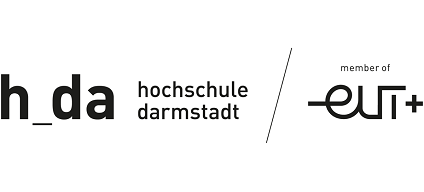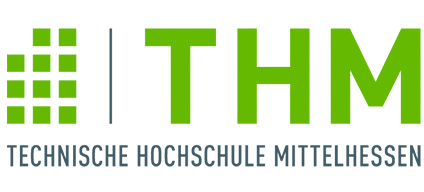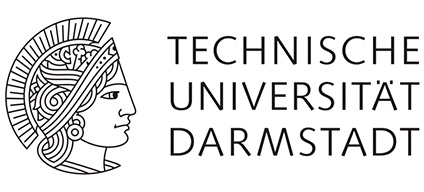Main Content
Where can I find research data?
Not least because of the requirements and recommendations of funders, publishers and institutions for making data accessible, research data are increasingly available for subsequent use. In order to find suitable research data for your research area, relevant offers from your field are often the first port of call. These can be institutional or subject-specific repositories or data journals. You can find repositories – broken down by subject – at re3data.
In addition, it is also possible to search for data via generic search services. A major disadvantage of these search services is that they often cannot adequately map the detailed metadata schemas of their sources. Furthermore, the respective metadata differ greatly in terms of what they identify, i.e., individual data, data sets or collections.
Three well-known search services are
Retrieves metadata from repositories and databases via OAI-PMH. Research data can be found via the document type “Primary data”.
Searches metadata from various sources such as CLARIN or Global GBIF.
Searches metadata of information objects, including research data (object type 'dataset'), which are registered with DOIs at DataCite. Some of the metadata are also queried by the other two services.
For the subsequent use itself, the respective rights (licences, user contracts, if applicable) are binding. Among other things, they can determine who may use the data for what purpose and for how long.
If you do not want to or cannot use existing research data, you can, of course, use suitable research methods from your discipline to obtain data. The Coffee Lecture by Dr Samuel de Haas and Jan Thomas Schäfer on the YouTube channel of the JLU Giessen University Library, for example, offers information on data extraction via web scraping and text mining and on dealing with Big Data in practice.












